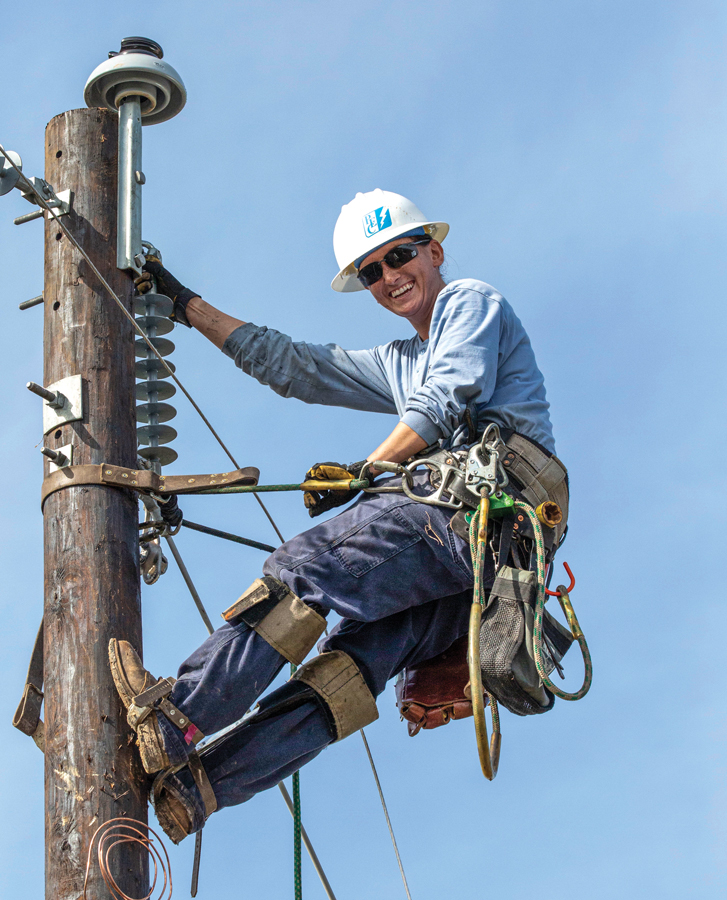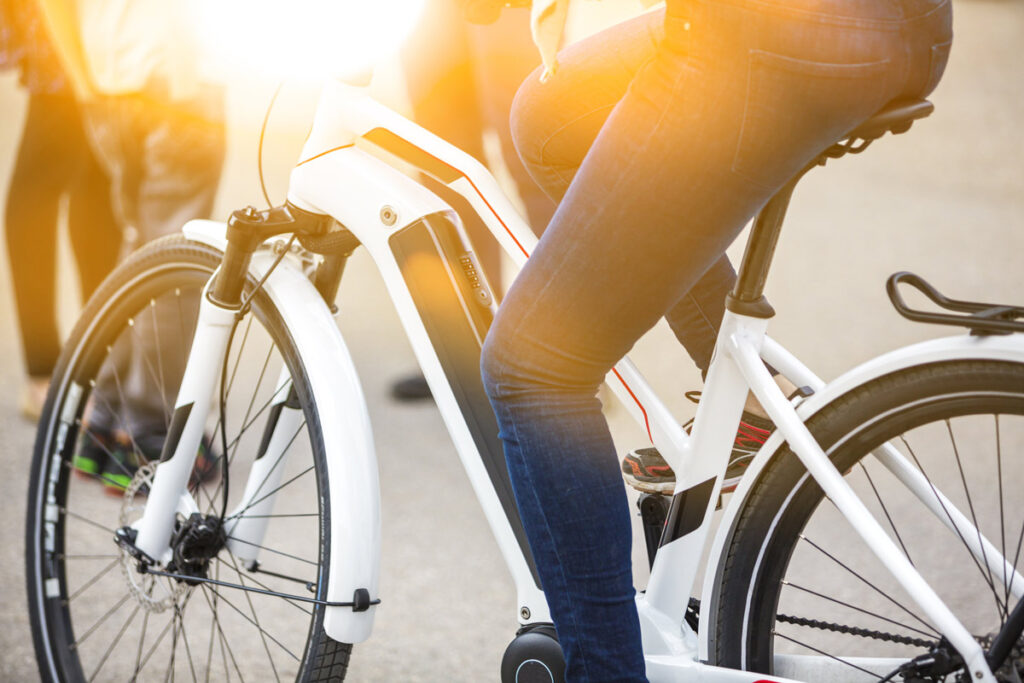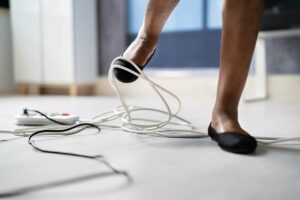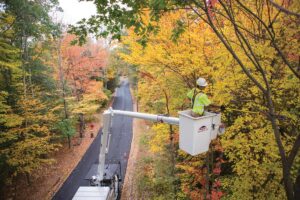One of the most dangerous jobs in the United States is farming. With the late harvest this year, farmers will be working against Mother Nature to get their crops out of the field. Among the hazards faced by farmers, farm workers and family members is contact with electrical equipment as they move combines, augers and auger wagons. With proper planning and safety procedures, the risk of having an accident involving electricity can be greatly reduced.
Safe Electricity Advisory Board Member Matt Eisenmenger says, “There are steps farmers can take to help keep themselves, their workers and their family safe when working around electricity. One critical part of safety around electricity is awareness. During harvest, you can easily find yourself in dangerous proximity to overhead lines. Being aware of the location of those wires by planning and evaluating your equipment route can help reduce accidents.”
Safe Electricity reminds farmers and farm workers to:
- Keep a 10-foot minimum distance around power lines. That means 10 feet above, below and to the side of power lines.
- Use a spotter when moving machinery around the farm. It can be difficult to judge how close a piece of machinery is from the driver’s seat.
- Use caution when handling long items such as augers. Coming too close to a power line can cause electricity to arc, or “jump,” to conducting material or objects.
- Be aware of increased height when loading and transporting equipment on trailer beds. Many combines are now equipped with radios and communications systems that have tall antennas extending from the cab that could contact power lines.
- Avoid raising the arms of harvest equipment near power lines.
- Never attempt to raise or move a power line to clear a path.
- Remember, even non-metallic materials such as lumber, tree limbs, tires, ropes and hay will conduct electricity depending on dampness, dust and dirt contamination.
Overhead electric wires are not the only source of electrical contact that can result in a serious incident. Pole guy wires, used to stabilize utility poles, are grounded. However, when one of the guy wires is broken it can cause an electric current disruption. This can make those neutral wires anything but harmless. If you hit a guy wire and break it, call your electric cooperative to fix it. Do not do it yourself. When it deals with electrical poles and wires, always call your co-op.
Eisenmenger says, “If you do find yourself in a vehicle that has made contact with a power line, it is critical that you know what to do. If you don’t know the proper procedures, you could be injured or killed by electricity.”
If your equipment comes into contact with power lines, stay in the cab and call for help; the electric cooperative needs to be notified. If the power line is energized and you step outside, your body becomes the path to the ground. Even if a line has landed on the ground, there is still potential for the area to be energized. Warn others who may be nearby to stay away and wait until the cooperative linemen arrive.
If leaving the cab is necessary, as in the case of fire, the proper action is to jump—not step—with both feet hitting the ground at the same time. Do not allow any part of your body to touch the equipment and the ground at the same time. Hop to safety, keeping both feet together as you leave the area. Once you get away from the equipment, never attempt to get back on or even touch the equipment before the power has been shut off.
Have a safe harvest season and get more electrical safety information at SafeElectricity.org.









